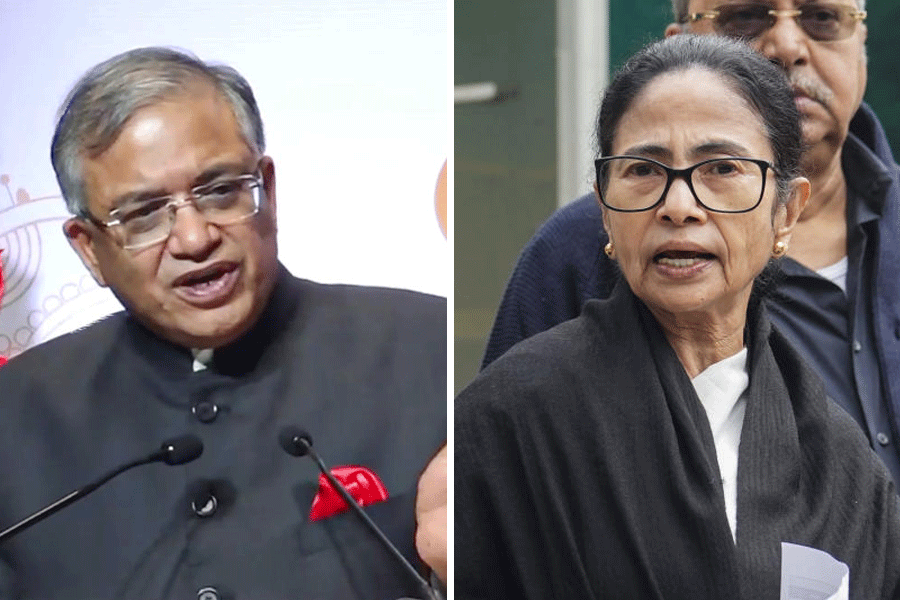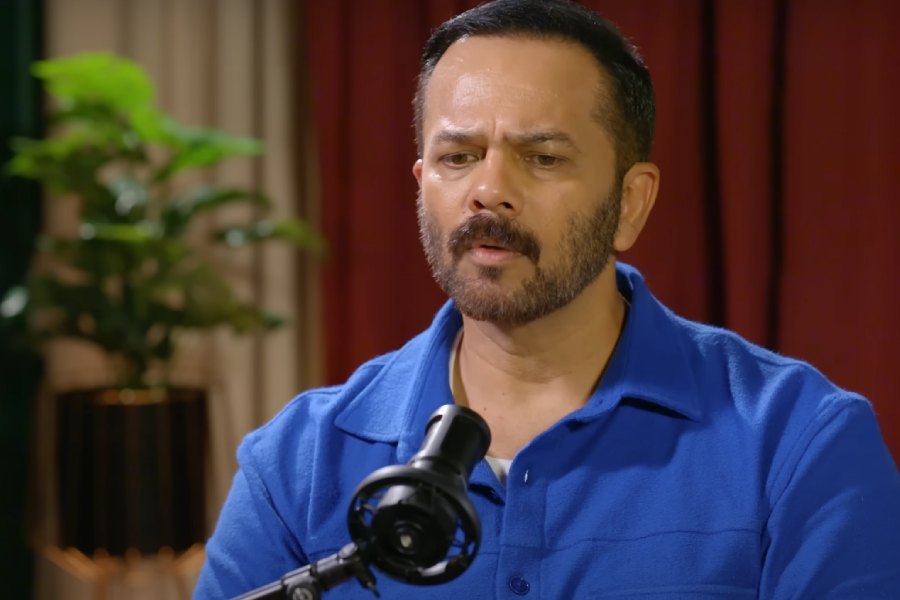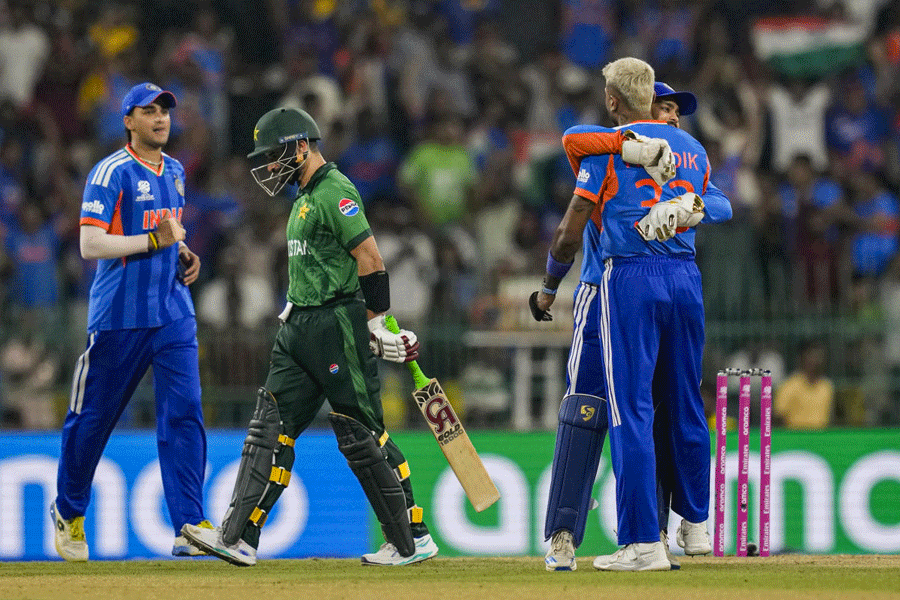 |
| Malvika with one of her scooters. Telegraph picture |
Kanpur, June 27: Since her early teens, Malvika Tiwari’s favourite star has been Preity Zinta. She would giggle at every prank the dimpled actor would play in her films.
For a few fleeting moments, it helped her forget the pain she felt every time she saw her father ? a man without legs ? struggle to come to terms with his loss.
As she watched the star smile on the screen, Malvika would think how to put laughter back in the lives of those who have lost their hands or legs. Then one day, soon after she cleared her Class X board examination, she knew what she could do.
She designed a foot-operated device that can be fitted into a scooter. It may not help her father, but it would certainly help those who have lost their arms.
The invention won her international recognition. Last month, the Class XI student of St Mary’s Convent returned from Arizona with the Grand US Award after she exhibited her device at the Intel International Science Competition, the world’s largest pre-college science contest.
The awards are worth $3 million. Malvika, the first Indian to win the Intel-sponsored prize, also won a $50,000 scholarship to study abroad.
Before she exhibited her model, it was tested and recognised at an exhibition organised by the electrical engineering department of Kanpur IIT in January. Malvika was given a certificate.
Last year, her talent was recognised by Anna Malai University, which gave her an award.
The device Malvika invented has a footboard with an accelerator, push buttons for indicators and a brake which can be operated with legs. Even the handles can be moved by the knees. “The start button is at the knee level so that a person with no upper limbs can operate with his leg,” she says.
Malvika, who has a younger brother, became interested in two-wheelers ever since she became conscious of her father’s handicap. “She has been a keen observer. Often she would separate the parts of an entire scooter and then reunite them to run it,” says Kali Vinod Tiwari, a mechanical engineer who lost his legs in a scooter accident when Malvika was barely two years old.
Tiwari is a proud father, but such creative skills run in the family. In 1980, Tiwari, who works as a consultant in a private firm, had devised an auto cart for physically challenged people which fetched him a national award.
Her mother Roma, who teaches in a school for mentally challenged children run by the army, also played a role, shaping the tortured mind of a young girl who wondered why her father could not walk like other men.
Before coming up with her invention, Malvika met a large number of physically challenged people with the help of voluntary groups to understand their need for a specially designed device. She was told by researchers that though some devices were available for people without legs, there were none for those who have lost their arms.
So with the help of her father and teachers, Malvika concentrated on inventing one.
After she designed it, Ramendra Senger, a physically challenged man who knew her father, tested the device. Senger, who had lost his hands, broke down after he realised he could again drive a scooter.
Seeing him sob like a child, the young scientist, who is also the captain of her school’s women’s basketball team, told him: “Don’t cry, smile.”
The device is now being used by about six persons in Kanpur, says Tiwari. “It is yet to be patented and commercially produced.” But there are offers from various companies, says the proud father.
Ramen Singh, a senior scientist with Kanpur Engineering Research, an organisation run by a scooter manufacturing company, says the device would change the lives of disabled people in the country when it is commercially produced.










